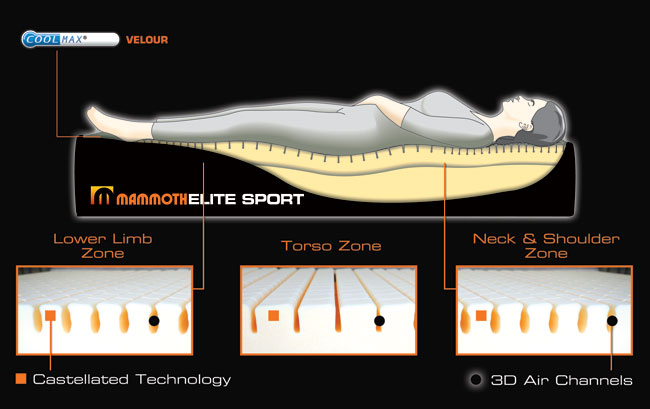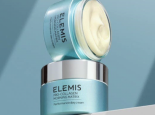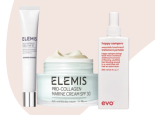The power of sleep
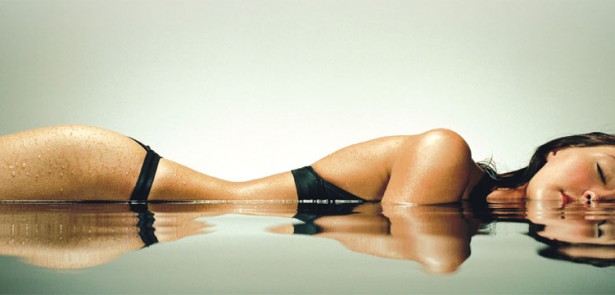
Most people are aware of the importance of recovery in any exercise programme but how many of us factor sleep into that equation? But why is sleep so important and just what can help us make the most of our downtime?
“To sleep, perchance to dream,” says Hamlet in arguably the world’s most famous speech.
Anyone who’s read Shakespeare’s tragedy will know that Hamlet had a lot on his mind (dead father, wicked uncle, drowned girlfriend, the usual stuff) and was probably struggling to get 40 winks let alone a solid eight hours sleep.
Fast-forward several hundred years and how many of us can empathise with the Prince of Denmark? With the pace of life showing no signs of slowing down, is it any wonder why getting the right amount of sleep is so important to our recovery – even more so if we’re exercising.
And yet, let’s be honest, who gets a full eight hours unbroken sleep every night? The phrase ‘early to bed, early to rise makes a man healthy, wealthy and wise’ is fine in principle, but late nights at work or early rises with the children have a habit of knocking a good night’s sleep out the window – on a regular basis.
Experts recommend that adults have between seven and eight hours of sleep a night to ensure they remain healthy and mentally well. Recent studies have linked sleep deprivation to serious health problems such as an increased risk of depression, obesity, cardiovascular disease and diabetes. Charlie Pedlar, a psychologist at the English Institute of Sport, said: “The importance of sleep cannot be underestimated. Effective rest is essential to aiding recovery and pre-competition preparation. It has been said that winning athletes are not those who train the hardest, but those who recover the most effectively.”
It’s something that top ‘sleep coach’ Nick Littlehales knows only too well. Regarded as a leading industry expert with more than 25 years experience in the world of sleep, sleeping habits, and product design, Nick has worked with top-level athletes to improve their sleep patterns – and help their recovery.
“Sleeping can account for up to 40% of the recovery time available and yet still remains something many athletes take a little for granted,” he says. “Being more aware and in control of your personal sleeping routines, combined with what products you sleep on and with, will provide real improvements in your mental and physical recovery and overall performance.”
Web searches provide a broad range of research information on completed projects from a general sleep and specific clinical perspective. “What is generally accepted by many professionals and professional bodies,” explains Littlehales, “is that recovery time is under an ever increasing pressure from our more demanding lifestyles and daily routines. “Sleep and the natural process of sleeping has therefore become the key issue in this recovery process. New techniques and routines are now being adopted to, on the one hand to provide an acceptable level of recovery from sleeping, but more significantly to improve and maintain an athlete’s personal performance mentally and physically.”
The benefits of a good night’s sleep
- 34% increase in overall performance
- 54% increase in alertness
- 10% increase in stamina
- 10%+ reductions in short and long term injury periods
- Increased levels of concentration
Whether it’s sport or any other type of job, we all know that a lack of sleep and a decreased level of performance are inextricably linked. Therefore, understanding the mechanics of sleep becomes of significant importance to professionals and coaches alike.
Ideally you stay in foetal then move to your back or front for a short period and then back to foetal. With the correct layered mattress system that requires no pillow to sleep with, promoting a balanced natural movement pattern that creates a natural, in harmony routine.
Sleeping techniques and products combined with the knowledge of how to adopt and control them ensures injuries at all levels are protected and rehabilitated during sleep.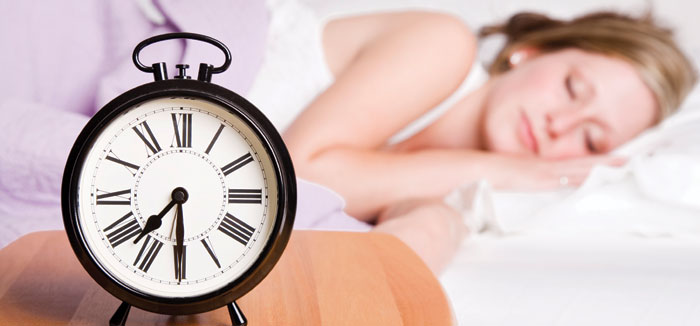
GET IN POSITION
What type of sleeper are you?
1. The logger
The arm becomes trapped and goes numb quickly – legs straight creates pressure on the knees and ankles.
2. Yearning
Legs straight creates pressure on the knees and ankles – arms reaching out adds strain to shoulder and neck muscles.
3. In freefall
Any stomach contents remain unstable – pressure builds on sensitive body parts – the head is raised and twisted putting pressure on the shoulders and neck muscles.
4. A soldier
Head raised by the pillow restricts breathing – an open position that exposes the heart and genitals creating a feeling of insecurity – shoulders drop – ankles buckle – possible crossing of the legs.
5. Like a starfish
Head raised by the pillow restricts breathing – an open position that exposes the heart and genitals creating a feeling of insecurity – shoulders and arms raised and under pressure plating with the pillow – ankles can buckle – possible crossing of the legs.
Mammoth Sport Mattress £350 (double bed size)
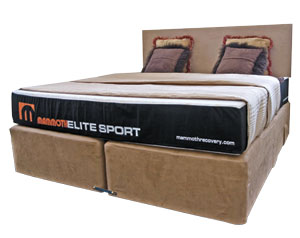 As the proud ‘owner’ of two small children, getting the right amount of sleep is a constant battle. So, anything that promises to maximise the quality of the sleep I am getting, has got to be worth considering. The Mammoth Sport Mattress is designed to help promote recovery and prevent injuries while you sleep. It’s a simple premise but one that is rooted in clever technology that your average mattress can’t deliver. The Mammoth Sport is designed using innovative ‘high specification foam’, a specialist material that has previously only been available in the healthcare industry. The foam provides comfort, support and temperature control, all of which are designed to promote a sound and restful night’s sleep.
As the proud ‘owner’ of two small children, getting the right amount of sleep is a constant battle. So, anything that promises to maximise the quality of the sleep I am getting, has got to be worth considering. The Mammoth Sport Mattress is designed to help promote recovery and prevent injuries while you sleep. It’s a simple premise but one that is rooted in clever technology that your average mattress can’t deliver. The Mammoth Sport is designed using innovative ‘high specification foam’, a specialist material that has previously only been available in the healthcare industry. The foam provides comfort, support and temperature control, all of which are designed to promote a sound and restful night’s sleep.
Given that the average individual loses more than 10 bath tubs worth of fluid during their life-time while sleeping, it’s a good job the Mammoth Sport is able to regulate temperature: it has three dimensional air channels that allow heat to escape causing you to sweat less.
And, to mimic the shape and weight of your body, ‘zoned castellations’ provide softer, more pliable areas for the head, neck, shoulders and feet to make sure the body’s posture is maintained – even when you’re in a deep sleep. For anyone, who takes their sleep seriously, this is a great product: it’s got just the right amount of give to make it extremely comfortable while encouraging that all-important recovery. Now, if I could just get the kids to stay asleep…



